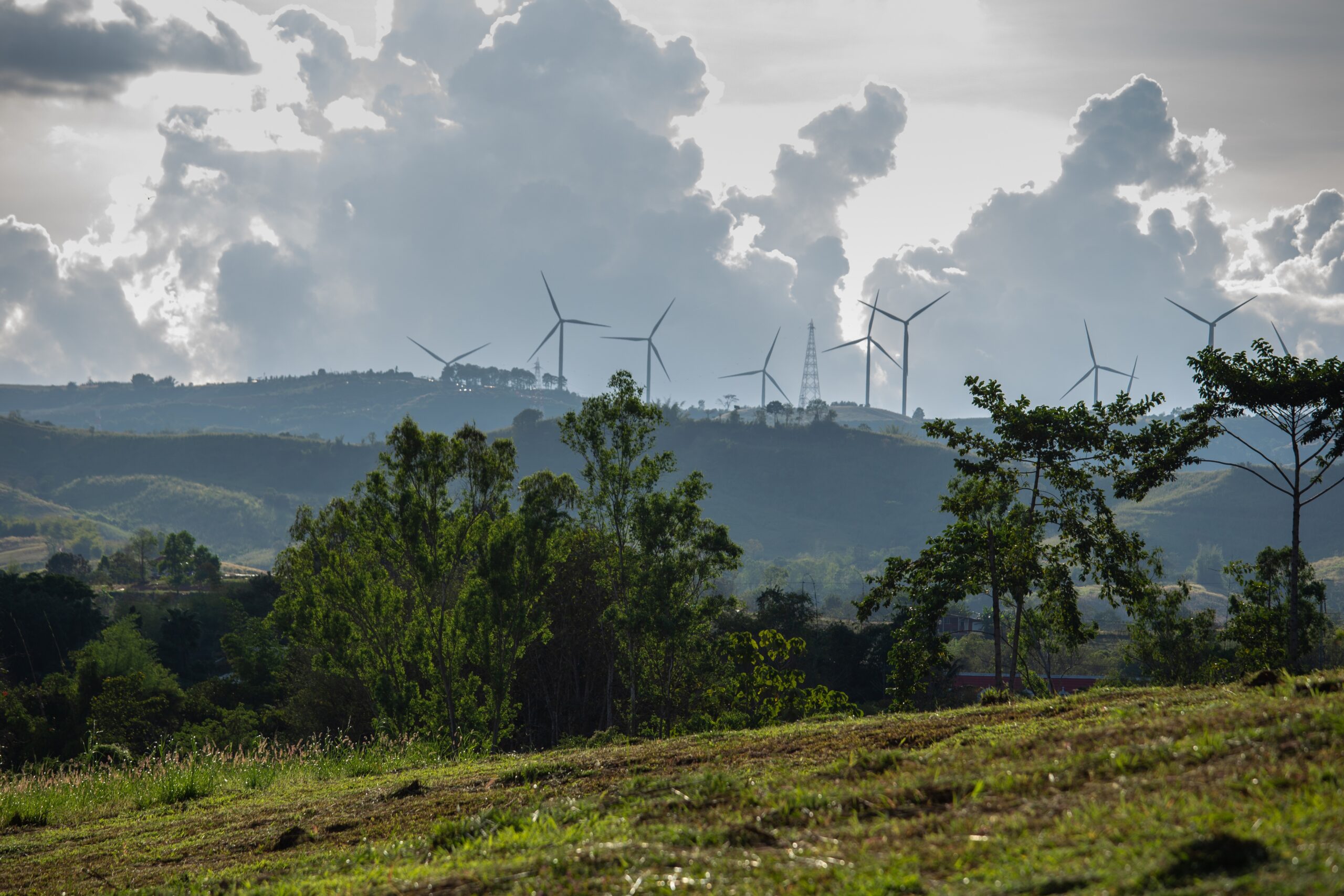During SustainabilityX a new report was introduced, it looks at shaping management strategies to drive positive impact. The report highlights that the retail industry is nudging consumers towards purchases and actions which lower Scope 3 emissions.
Being more environmentally friendly in 2024 was among the top ten New Year resolutions made by UK consumers. They are not alone in this sentiment, with European consumers increasingly saying they want to buy products that align with ideas such as caring for the planet, workers’ rights and animal welfare.
At the same time, manufacturers and brands have set targets to reduce Scope 3 emissions. New products, from handbags to laptops, are being designed with lower carbon footprints due to the increased use of non-virgin materials. Consumer electronics and white goods are also being made more energy efficient, resulting in changes to the rating system, while modern laundry detergents work in cooler water.
However, there is only so far that brands can reduce a product’s impact since some of retail’s Scope 3 emissions are based on how the customer uses a product or, ultimately, disposes of it.
Give consumers the information they are looking for
GenZ and Millennials want to know how, where and by whom the products they buy are made but education, or even legislation, will be required to switch older shoppers into buying more sustainably
• 81% of consumers look for the sustainability credentials of purchases, at least some of the time. This is particularly true of shoppers aged under 43
• The volume of second-hand goods bought using buy now pay later service Klarna increased by 52% in 2023
• 70% of shoppers acknowledge that buying second-hand, renting or having something repaired has or could be cost-effective for them. Repairing items is seen as the biggest cost-saving opportunity (44%), followed by second-hand shopping (39%) and rentals (20%)
The EU’s Directive on Empowering Consumers for the Green Transition (ECGT) will ensure that messaging from brands, retailers and ecolabels is authentic. So is now the time for brands secure in their sustainable foundations to increase consumer engagement on product packaging and digital channels? And if so, how do they turn data into brand stories that inspire the desired action? Are cross-industry labelling schemes the answer?
Price sustainability for consumers
Some 60% of consumers would pay extra for products produced in a way that doesn’t harm the environment, yet some say they want to buy sustainably but can’t afford to. This raises questions around where the responsibility for paying for the retail transition lies. Should governments be making changes, such as eliminating VAT on refillables, or should retailers wait until recycled or low-impact components are at a price comparable with virgin materials? For example, Timberland and The North Face introduce new materials into their supply chain only when the price is comparable to the material it is to replace, thus negating a need for costs to be absorbed by the business or passed onto customers.
Cost is just one hurdle, though, with convenience, feasibility and utility also mentioned by consumers. The second-hand market can suffer from depreciation, a point raised by consumers worried about low resale values, particularly of clothing.
Re-use is answering the value proposition for consumers but is it a sustainable solution? Buying second-hand is no longer taboo, with good prices for used items seen as bargains to cheer about. Indeed, the second-hand market for luxury clothing has grown five times faster than the sale of new garments, highlighting how consumer behaviour can switch quickly once a tipping point has been reached.
But what do retailers have to do to reduce the consumer disconnect with product repair?
Product sustainability isn’t clear enough
According to RetailX research, the majority of consumers want retailers to be ecologically sustainable. A third strongly agree with the statement, while even more (35%) believe that retailers should have fair workplace practices. This extends beyond their own business to ensuring that suppliers also have high welfare standards.
A quarter of consumers are willing to change how they shop and what they buy in order to follow their principles, strongly agreeing with the phrase “I would be willing to pay more for products if I knew they were produced and transported in a way that didn’t harm the environment”. This suggests that many consumers – mostly Generation Z and Millennials – are willing to buy sustainably every time.
However, in the UK, more than 70% of consumers have bought a non-sustainable item because the sustainable version was either too expensive or too inconvenient. Just 6% would always pay more to find a sustainable option for every purchase. 14% would do so some of the time.
This shows that consumers are actively looking for sustainability information when shopping. 67% of UK consumers, and 81% globally, seek out sustainability information at least some of the time. 45% have been swayed into changing their purchasing decision based on the information they’ve found. Yet retailers are missing out on some of this spend since the majority of consumers feel the impact of purchases needs to be clearer. Only 24% of consumers believe retailers and brands go far enough in how they display such information.
Pre-register to download the SustainabilityX Report 2024 and join the sustainability revolution to unlock the future of retail. With the clock ticking on the UN’s 2030 sustainable development goals, this report dives into the realities and opportunities shaping the industry.
We explore how forward-thinking boardrooms are embracing sustainability, shaping positive business models, and earning consumer trust in an era of greenwashing scepticism.
Stay informed:
Our editor carefully curates a daily newsletter filled with up-to-date news, analysis and research, click here to subscribe to the FREE newsletter sent straight to your inbox and why not follow us on Linkedin to receive the latest updates on our research and analysis – UK, Europe and global.










